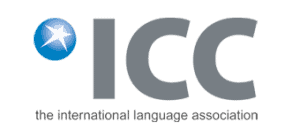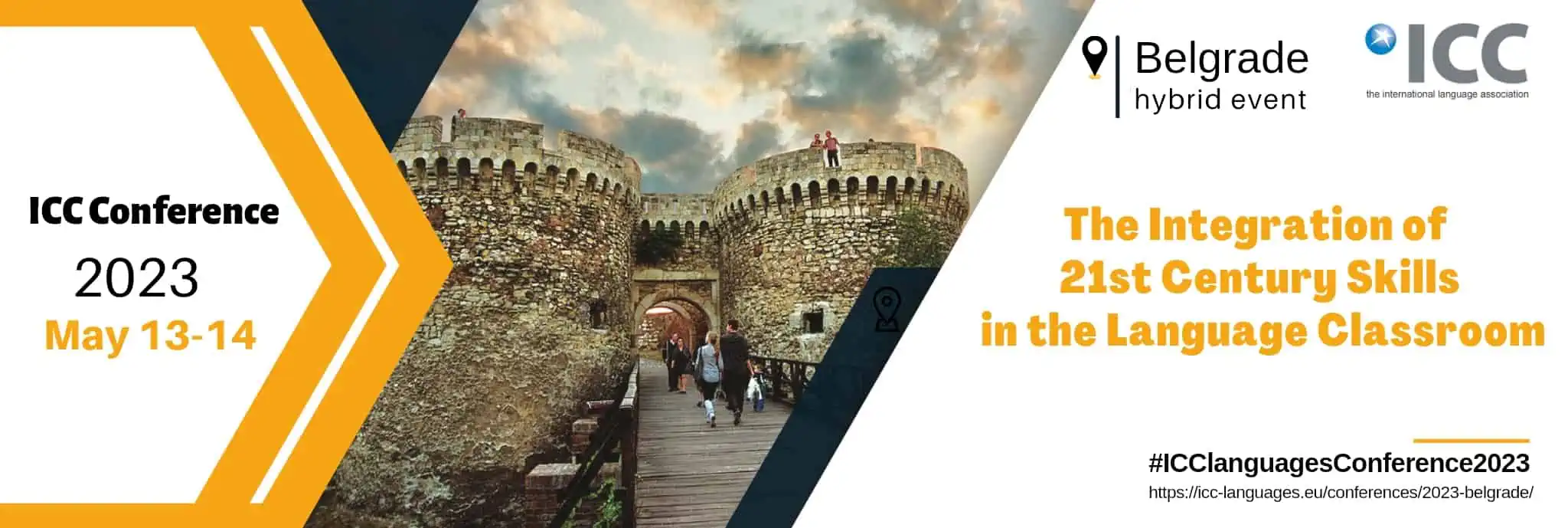Using Word Histories, Cognates and Etymologies in Language Teaching
Michael Carrier (UK)
Abstract
This talk will address how to build motivation among learners by building a love of words and language enquiry. We want learners to want to extend their language competence, extend their vocabulary, and deepen their knowledge.
The talk will outline how we can use aspects of English language history to build motivation and a delight in learning a broader vocabulary.
- We will look at word histories – the etymology of common words in English and how they got there.
- We will look at loanwords, the many words borrowed from other languages and often modified along the way.
- We will look at deep history, the roots of English and the cognates in other world languages that learners can learn to recognise.
- We will discuss what kinds of word histories and word types can be used to engage, excite and motivate learners.
The talk will suggest practical activities that can be used for this, which will use all these aspects of English language history – including cognates, borrowings, word histories and international words – to add a new dimension to lessons and build learners’ love of language play and language enquiry.
(Downloadable worksheets will be provided from the speaker’s website.)
Bio
Michael Carrier is a consultant, working for many years in language education.
He serves as member of boards including TIRF and ICC, the British Council’s English Language Advisory Group, and chairs the Dept. of International Trade’s ELT Working Group.
He was formerly Director, of English Language Innovation at the British Council, CEO of the International House World schools network and Executive Director of Eurocentres USA.
His latest publications include articles on speech recognition and technology in low resource contexts, and ‘Digital Language Learning’ (Routledge). The current area of his research is historical linguistics and the deep history of Indo-European languages
More info at:
http://www.michaelcarrier.com

